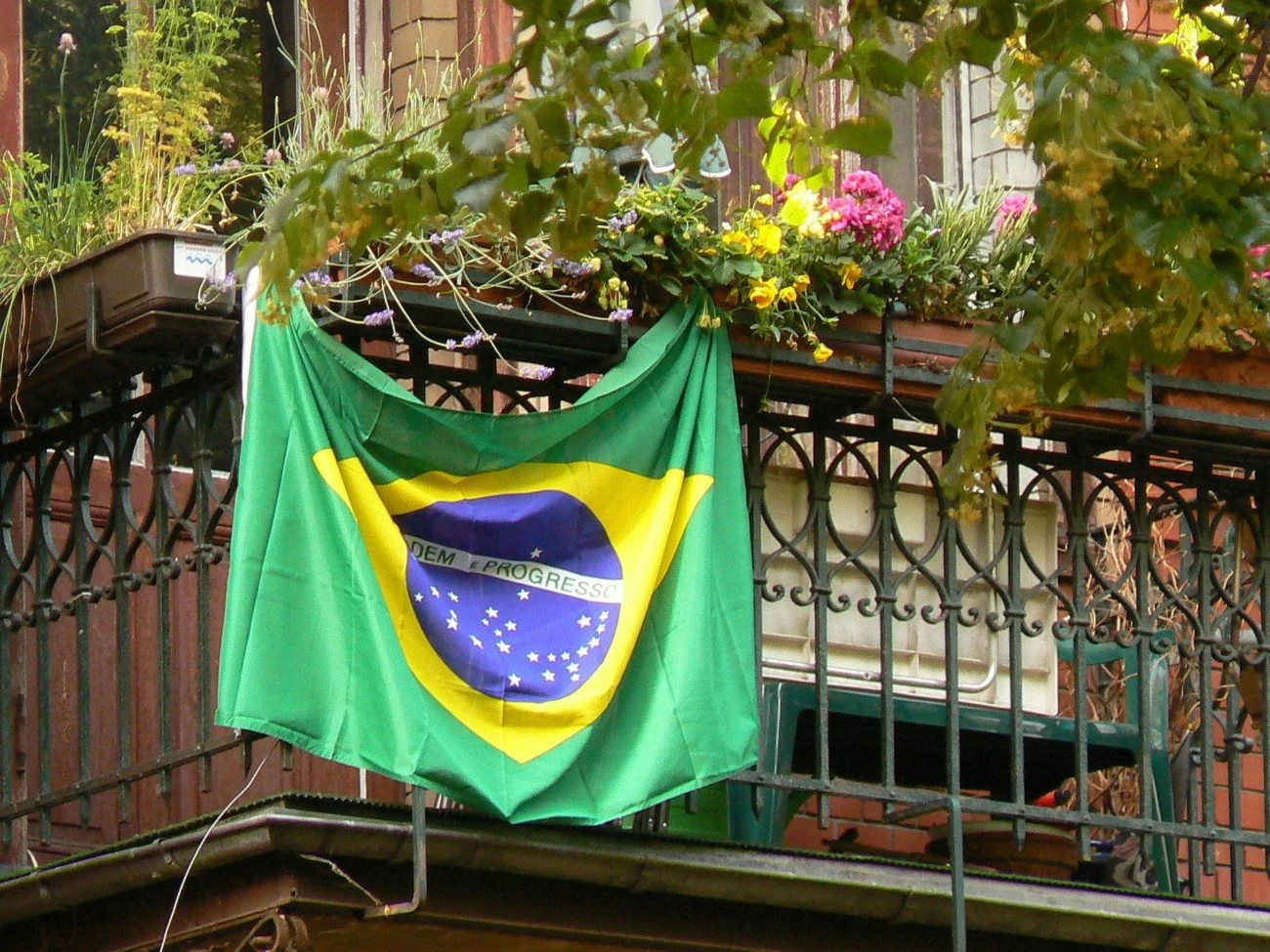High regulatory costs driving potential for M&A “boom” in Brazil

Brazil passed Bill 3,626/2023 to regulate sports betting and igaming on 21 December. President Luiz Inacio Lula da Silva then signed the bill into law later that month.
The country is currently in the process of rolling out its regulations. Licence fees are expected to cost BRL30m (£4.6m/€5.4m/$5.9m) for up to three brands.
Normative Ordinance No 722 outlined regulations on the technology and security requirements of betting systems. Operators must gain certification of their systems from accreditation entities recognised by the ministry of finance. They must also keep their systems constantly updated to maintain compliance.
With operational fees expected to be costly, smaller companies could face obstacles if they are to operate in Brazil.
Patterson is an economist and partner at Redirection International, which specialises in M&A and has a team working in Brazil. His comments were made in relation to a new study on the Brazilian sports betting market, released today (21 May).
Patterson believes that hefty costs could be a key driver in increased M&A activity in the country.
“We see great potential for a boom in M&A in the sports betting sector, a universe where Brazilian passions for sports and technology are combined,” Patterson said.
“The trend towards M&A activities is driven in part by the substantial regulatory costs associated with the licensing process, including authorisation fees that can be as high as BRL30m ($6m), technical certifications and tax obligations. Collectively, these factors pose a significant challenge to the economic sustainability of small betting operators.”
M&A activity increasing
In preparation for the market regulating, operators are jostling for a position in Brazil’s market.
For instance, Better Collective acquired Brazil sports media platform Torcedores.com in September last year. Esportes da Sorte, meanwhile, acquired Loyalty Group in the hopes of building out its digital offering.
The rise in M&A activity is expected to increase further. However, Patterson also believes that despite global influences, local operators can still compete with the right strategies.
“It is expected that the legal requirement that companies have a Brazilian shareholder to obtain an operating license will foster mergers and acquisitions here in Brazil,” Patterson continued.
“It may be that the number of websites and companies will decrease, as has happened in Colombia, but we can expect significant changes, ranging from marketing, new technologies, to the large-scale deployment of private equity investments, as well as access to capital markets, including future initial public offerings.”
Brazil sports betting market expected to grow 50% annually
Redirection International’s study projected that Brazil’s online sports betting market will grow by an annual average of 50% until 2028. The M&A firm attributed this to rising popularity, technological innovations and the market entry of large international companies.
Patterson believes Brazil will be one of the biggest global online sports betting markets. He said: “Brazil is already the country with the largest number of users on sports betting sites. In 2022 alone, Brazil registered 3.2 billion accesses, and all this in a market still without consolidated regulation.”
Data from Aposta Legal Brasil indicates that 80% of Brazilians who bet online in Brazil wager on football. A total of 13% bet on esports, while 12% wager on basketball.
Data and market information platform Datahub found that between 2020 and 2022, the number of sports betting companies jumped from 51 to 239, a rise of 368.6%. Datahub also revealed 80% of betting revenue comes from online casino. Total sector turnover increased by 130% in 2023 to approximately BRL120bn.
Brazil regulation incoming
Brazil is currently rolling out its regulation in four stages, expecting to completely announce it by the end of July.
Earlier this month, Normative Ordinance No 2,191 established a 15% tax on player winnings above BRL2,824. The tax will be taken at source at the time of winnings being awarded.
In response, the Brazilian Institute of Responsible Gaming (IBJR) described the tax system as “harmful” and “legally questionable”, believing it could impact the success of the market.
“The rule will put at risk all the good work regulating the market done so far by the national congress and the MF prizes and betting secretariat and it also fails to understand that the objective of regulation is to encourage positive behaviour from both operators and bettors, including contributing to tax collection,” IBJR said.
Previously, Normative Ordinance No 615 banned operators from taking credit card or cryptocurrency payments. The aforementioned Normative Ordinance No 722, meanwhile, outlined special circumstances for data centres to be located outside Brazil.
